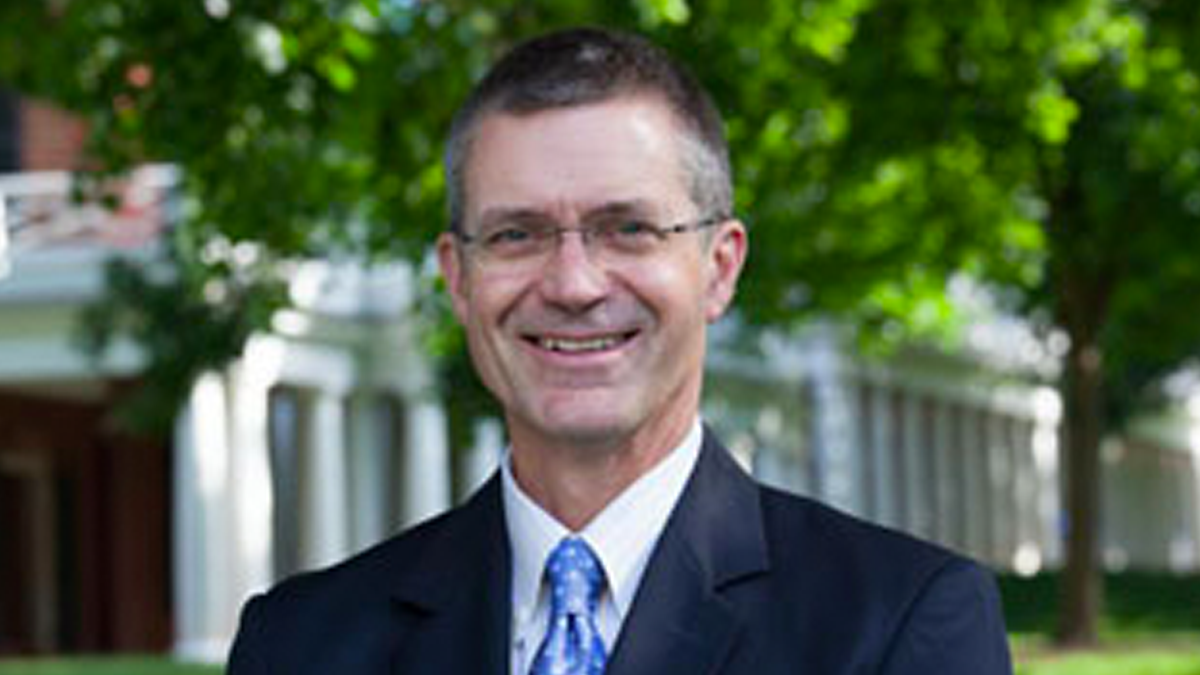Universities have as part of their mission the creation of knowledge. At a professional school such as Batten, where we train future policymakers, we also have an obligation to impart specific skills. Graduates employ these skills addressing public policy challenges from the day they walk the Lawn.
Connecting academia and industry through the exchange of new ideas

In turbulent times, critics challenge universities to do more. We are asked to conduct cutting edge research AND impart the liberal arts. We are asked to develop citizen leaders, but also to research future challenges. We are asked to pass on received knowledge from western traditions, but also to shape future policy by engaging in current debates.
How do Batten leaders meet competing demands? How can we play a constructive role in bridging the gap between the Academy and industry professionals in the private sector?
By multi-tasking. We take seriously our dual mission. We seek to provide excellent teaching. We invest in cutting-edge research. In recent months at the Batten School, we have doubled down in our commitment to innovative research. Our seven research centers dedicate both public and private resources to the creation of new knowledge in fields as diverse as social entrepreneurship, legislative best practices and national security training. Our Center for Leadership Simulation and Gaming is introducing new technologies into classroom instruction that will help not just our own students, but students around the world and industry professionals. Our faculty works collaboratively with such thought leaders as legendary former Dean of the Darden School of Business Bob Bruner to prepare case studies for best practices for future leaders of NGOs.
The fact is that Batten’s public policy 3.0 model is designed to provide an architype for the other 240 schools of public policy and public administration around the nation. We are defining what good schools of public policy will look like in the future. This is an incredibly bold endeavor and, in just ten short years, we’ve built one of the most competitive programs at the University, attracted leading scholar-practitioners from across the country, and completely outgrown our physical space on Grounds. This year alone we’ve brought in a $5 million matching gift toward the new building project, taken advantage of the University’s new Bicentennial Scholarship Fund by endowing our first Bicentennial Graduate Fellowship, and our fundraising totals are exponentially beyond any previous year. People are buying into our bold vision. They see that we take seriously our commitment to training leaders.
This issue of Batten Reports will help you appreciate how our research and professional training advances this commitment. Our goal at the Batten School is to train future leaders while working with government entities and private sector industries to create new knowledge. The School works to advance this mission in three ways: through promotion of discovery, service and community. We honor discoverers. From da Vinci to Columbus, from Franklin to Einstein, we learn from those who have uncovered new worlds. This is altogether fitting in a community that honors and helped launch not just Thomas Jefferson, but Merriweather Lewis and William Clark, three men whose curiosity and courage changed the face of our nation.
If our fundamental mission is to teach discovery, then our basic service is to train discoverers. We create new knowledge through research and study, through asking questions, and by engaging in community building. We model in our thoughts, words, and deeds a community that is tough and resilient, gritty and curious.
Batten is a community of strivers where intolerance is not tolerated, where prejudice is rejected, where public service is an expectation, but where opportunity, not result, is the only given.
Not everybody gets a trophy. And, in my opinion, there are no safe spaces—for the challenge to our values is persistent and the issues are real and occasionally painful. We cannot shield students from the realities of difficult work, and we must not try.
The challenges ahead are manifold. I am confident we—and our earnest, conscientious thoughtful student leaders—are up to the task.